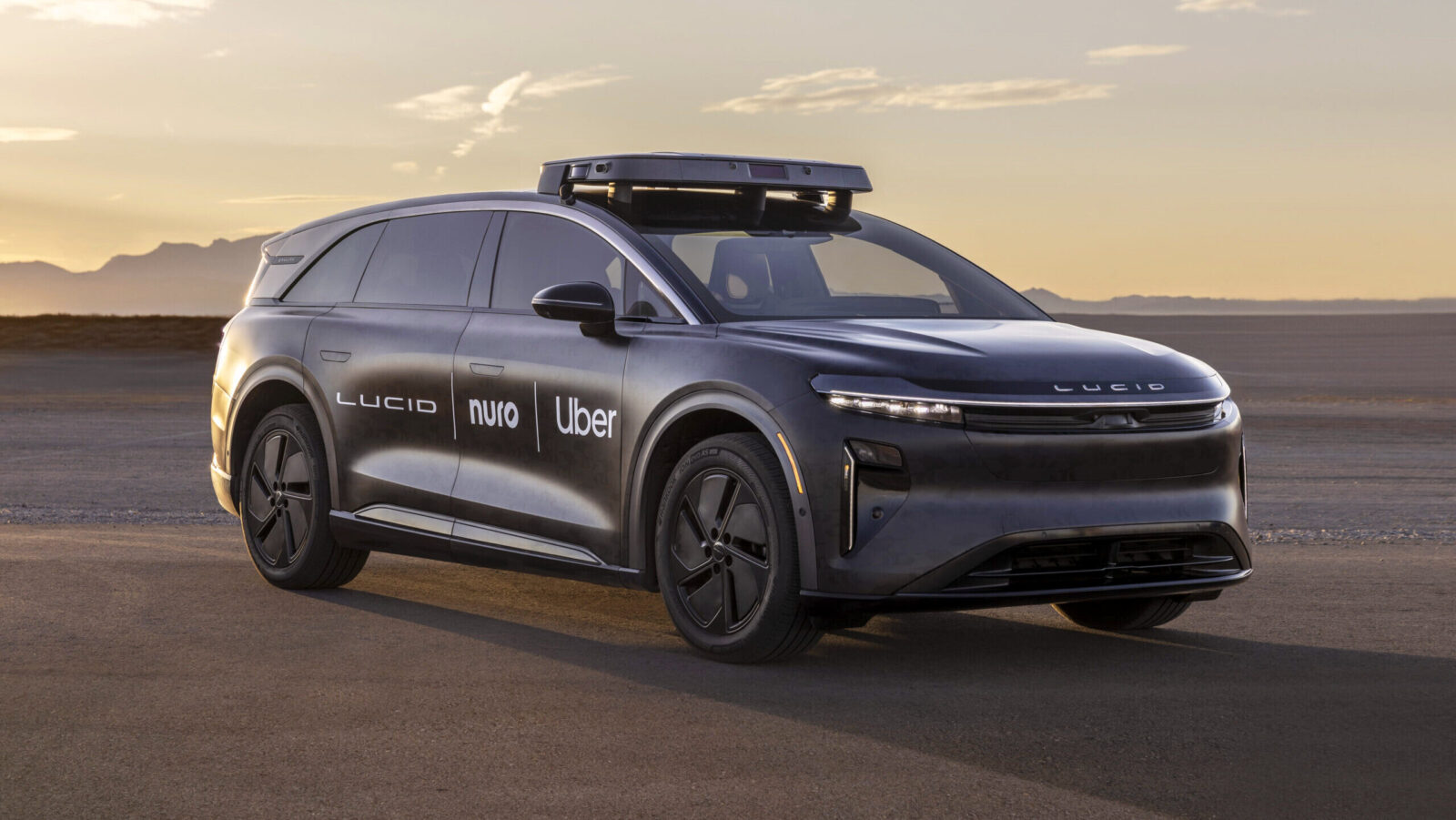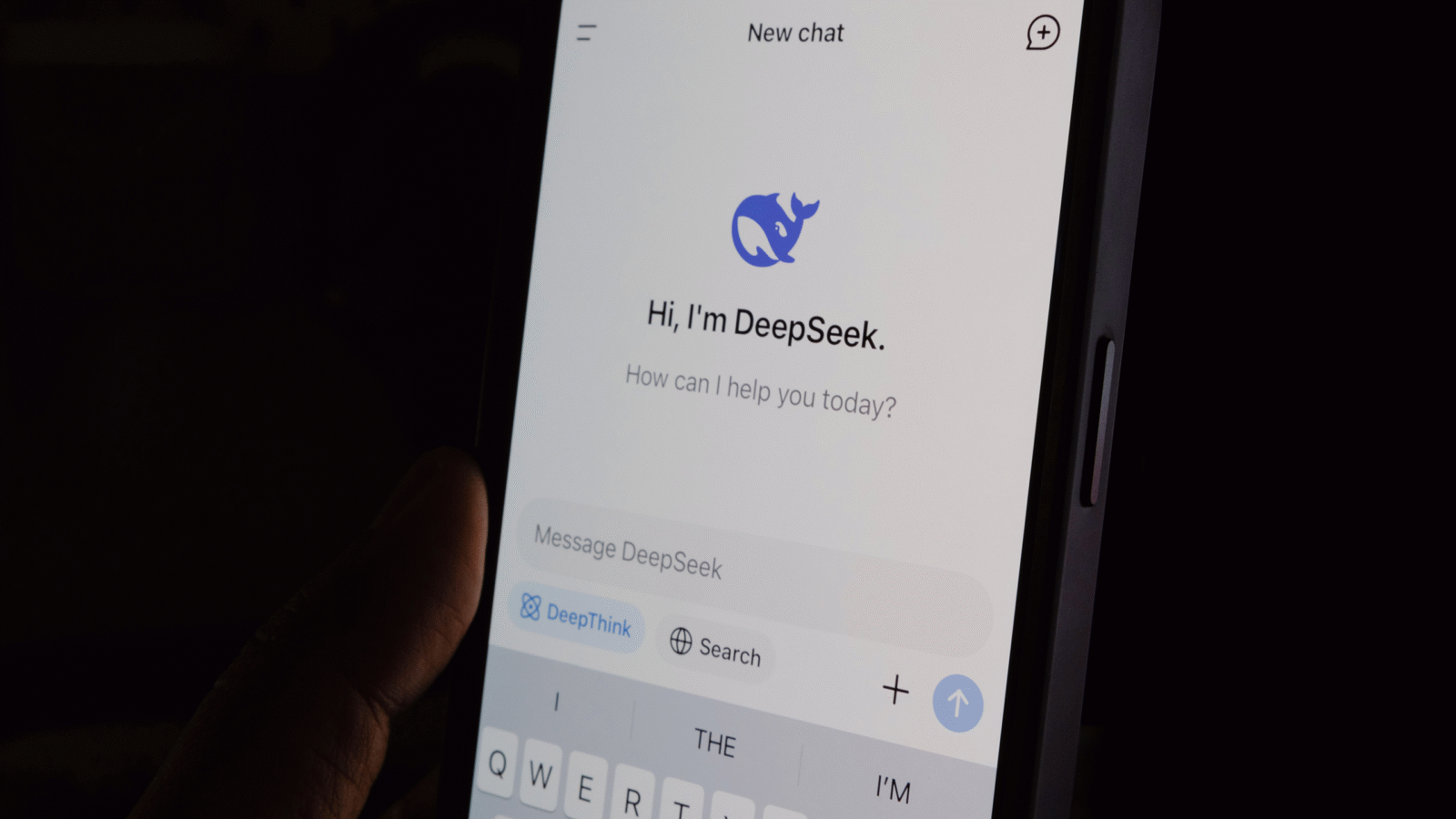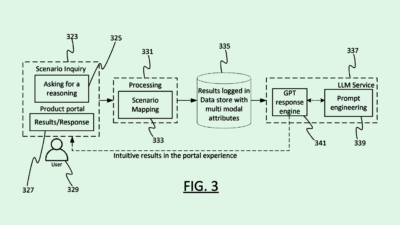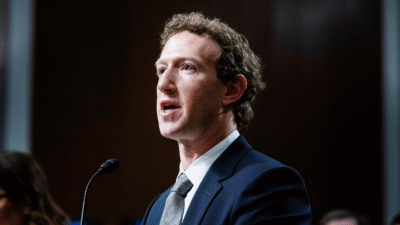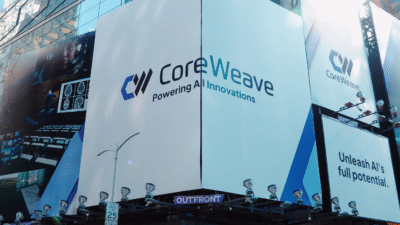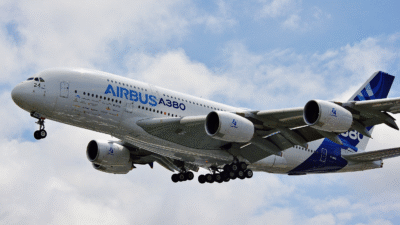Tencent Touts that its Latest AI Model is Faster than DeepSeek
One point Chinese AI companies including Tencent and DeepSeek emphasize about their new models: efficiency.
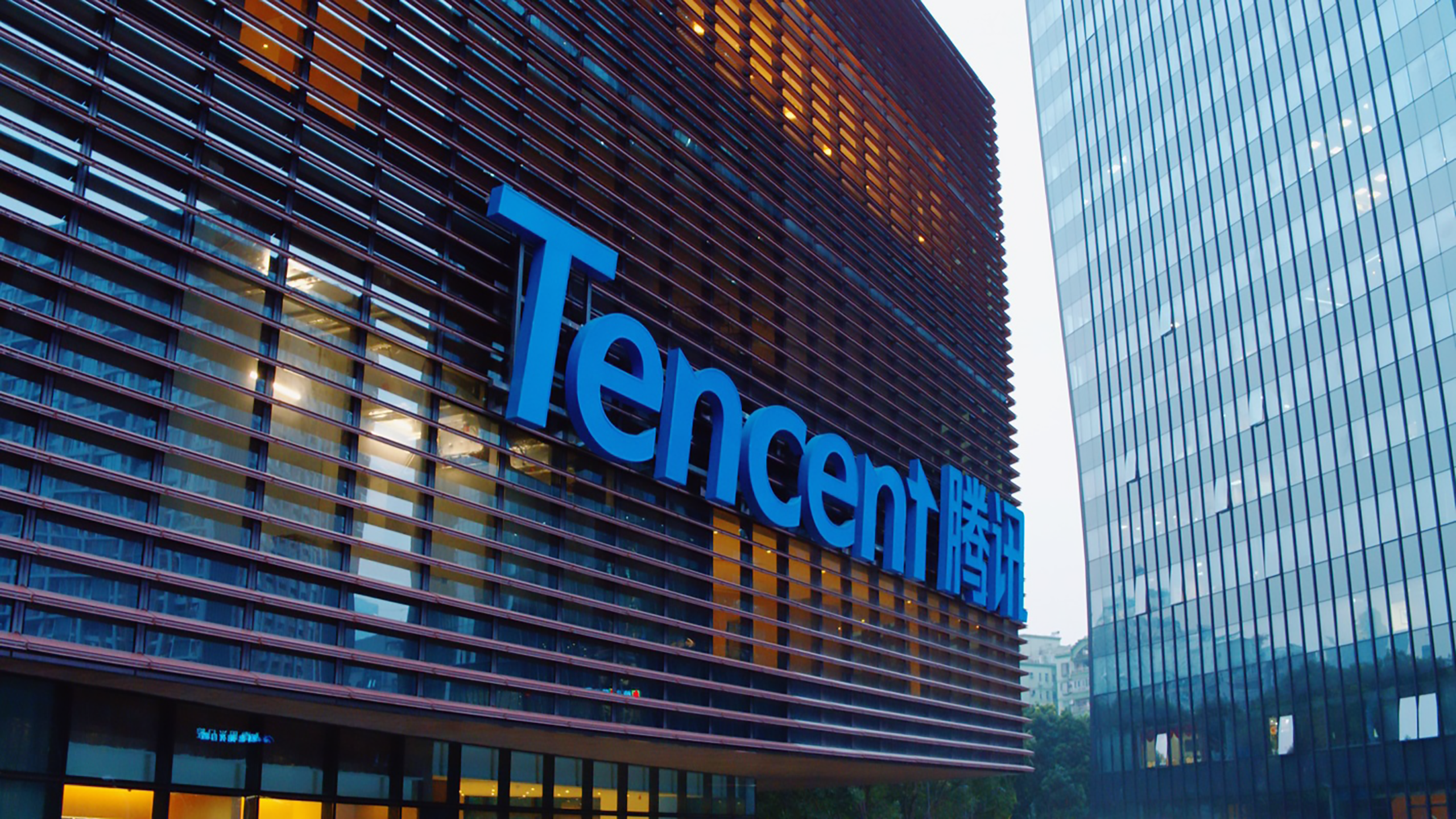
Sign up for smart news, insights, and analysis on the biggest financial stories of the day.
As DJ Khaled once said, “Anotha one!”
Tencent added its own AI announcement to the growing list yesterday: The Chinese company best known for mobile games like “Honor of Kings” released an AI assistant it said can answer users’ questions faster than home-country rival DeepSeek. The “Hunyuan Turbo S” model is designed to beat DeepSeek’s eponymous assistant to the buzzer, answering queries within seconds while DeepSeek mulls ’em over. Tencent says its model’s fast thinking also makes it more cost-efficient.
Alibaba recently dropped an updated AI model that it said surpasses DeepSeek, and the China-based company’s stock popped last week after it said it’ll make “aggressive” investments into its AI offerings.
And further up the supply chain, the race to build the best-selling AI-powering semiconductor chips is getting sweaty as companies cut costs.
Chipper by the Dozen
Industry leader Nvidia reported 78% sales growth in the most recent quarter. But that’s down from tripling during the same period last year, and its stock fell as enthusiasm for expensive chips cooled and macroeconomic concerns (aka tariffs) heated up.
One point Chinese AI companies including Tencent and DeepSeek emphasize about their new models: efficiency. They say their models require less processing power to tackle questions of the same complexity as peers like OpenAI’s ChatGPT, making them more energy-efficient and cost-effective. OpenAI, for its part, released its latest AI model yesterday, and said it is more expensive than its previous model (though won’t replace it entirely).
Still, less demanding models from Tencent and DeepSeek could dent demand for the most advanced chips:
- Nvidia warned yesterday that Chinese chipmaker Huawei is hot on its heels, as the company known for its smartphones churns out advanced, cheaper chips despite a barrage of US sanctions blocking Beijing’s access to top chip tech.
- As Chinese companies cut AI costs, US AI companies like OpenAI could feel pressure to follow suit and demand for Nvidia’s top-of-the-line chips could slip.
At the same time, the AI industry’s bracing for the impact of Trump’s promised tariffs, which are expected to raise the price of key chip-making components.
Pressure’s on: AI companies are burning through billions to beat rivals’ AI models. But as AI assistants struggle to correctly answer user queries like, “How many ‘r’s are in the word ‘strawberry’?” while telling other users it’s safe to eat rocks, AI companies could soon be forced to justify whether the juice is worth the uber-expensive squeeze.
